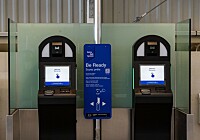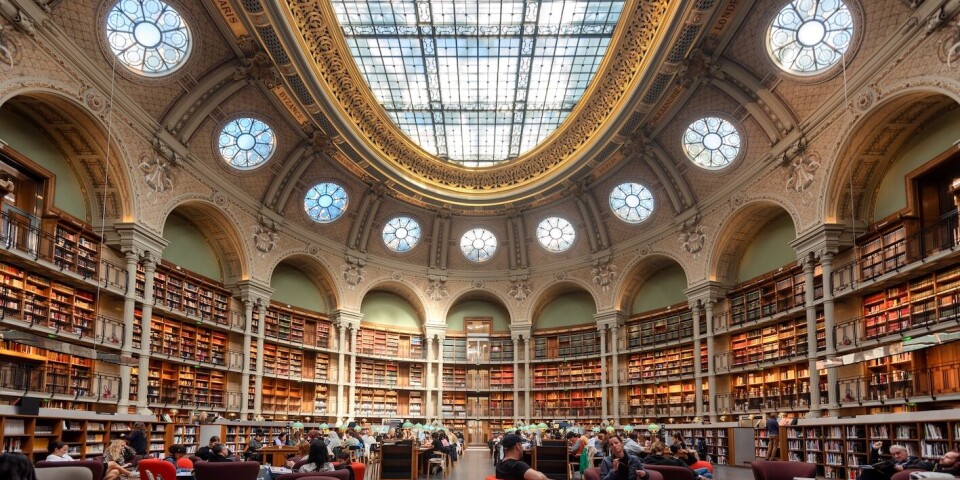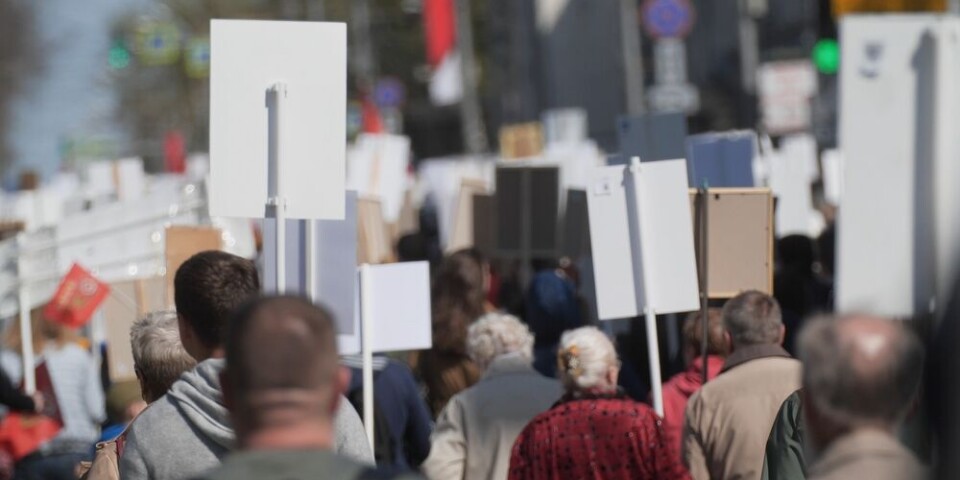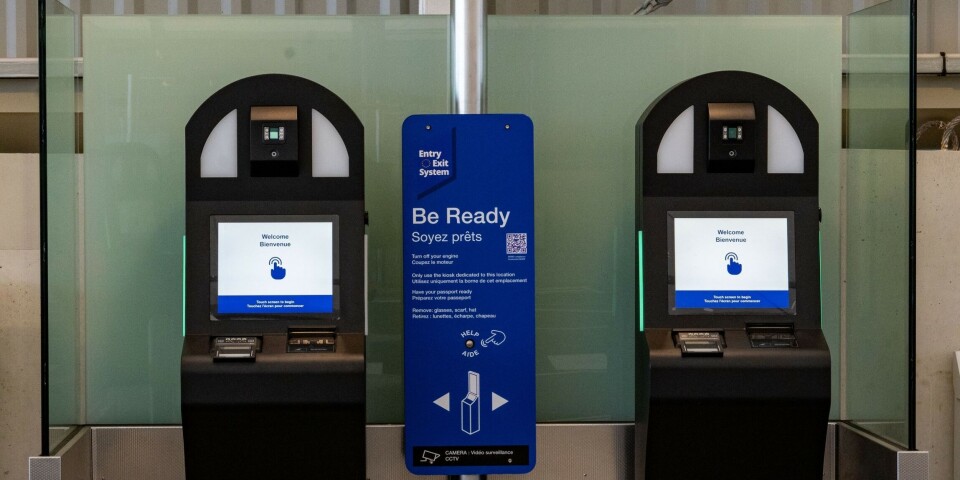French election voters driven by downturn in cost of living
Food, energy, fuel, rent and water have been getting more expensive for years
People’s budgets are tight in France and their patience has grown thin with President Macron who is perceived as pro-business and out of touch with everyday concerns
Leitenberger Photography/Shutterstock
The high cost of living is a key factor for voters in the French parliamentary elections on June 30 and July 7, with many feeling that successive governments under President Macron have done little to help.
Prior to the invasion of Ukraine in 2022, terms such as ‘cost of living’ and ‘shrinkflation’ were rare.
By the time of the 2024 European parliament elections, ‘inflation’ was the number one concern of French voters, contrary to other Europeans, who were more focused on healthcare issues.
However, inflation is actually falling year-on-year - and lower than the interest rate for the first time since 2022 - the change has yet to be felt by consumers.
Read more: GRAPH: See food, energy and services price changes in year in France
Indeed, in many cases, prices are rising in 2024 precisely because they did not rise in 2023, including:
Many other consumer goods are still absorbing the knock-on effects of higher energy costs.
The overall effect is that French people’s budgets are tight and their patience has grown thin with President Macron, who is perceived as a friend of the rich due to his removal of a tax on wealth and its replacement with one restricted to property.
Politicians bearing gifts
The good news for voters is that all three of the major contenders for the June 30 and July 7 French parliamentary elections are offering people relief from the cost of living.
In terms of electricity alone, all three of them are proposing price cuts:
The Rassemblement national (under the umbrella of the Union nationale), is offering to cut VAT on electricity from 20.5% to 5.5%
President Macron’s alliance is offering a 15% cut in 2025.
The Nouveau Front populaire says it will cut prices by removing what it calls the ‘Macron tax’, which is actually the Taxe intérieure de consommation finale sur l’électricité (TICFE). This tax was suspended in 2022 then reinstated in January 2024.
However, the cost of France’s deficit means there is little room for manoeuvre.
The country is obliged to save €20billion in 2024 and €30billion in 2025 in order to keep the cost of borrowing under control.
While few politicians dare give voice to dour news during election time, it has been suggested that Jordan Bardella’s refusal to commit to walking back President Macron’s pension reforms was a way of reassuring the money markets that he understands France’s economic reality.
"Economically, I'm reasonable," he told RTL.




























